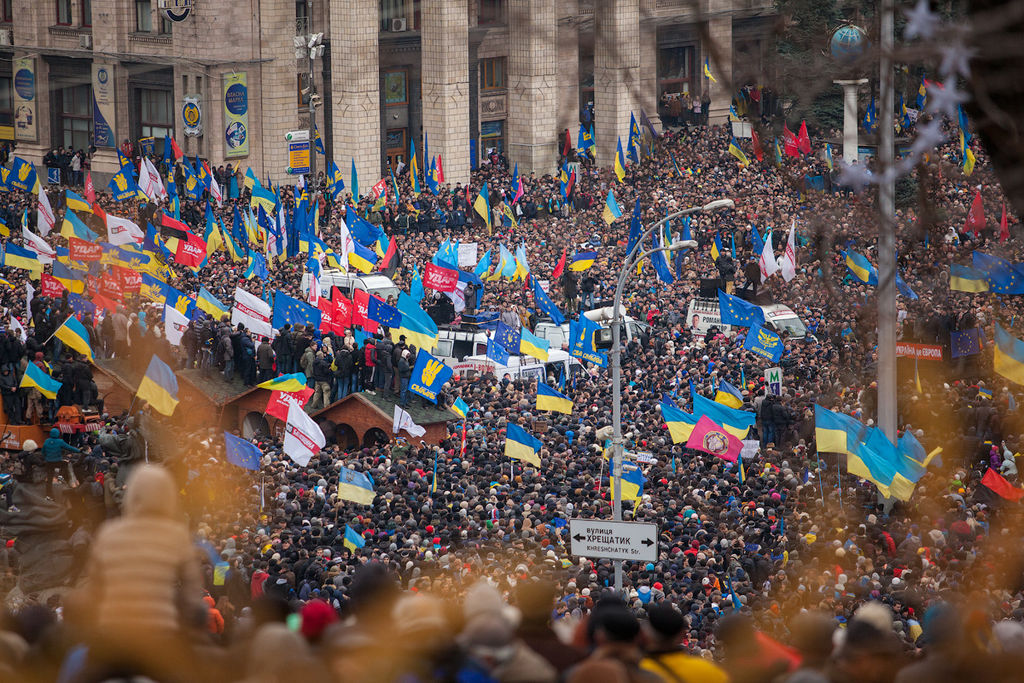
Poland has proudly joined the EU 20 years ago. However, the European Parliament still lacks credible representation in the eyes of many voters, in particular the country’s youth. As the EP elections approach, one must question the true purpose of these elections in Poland. Are these elections genuine democratic exercises or merely opportunities for aging politicians to secure pensions and receive the last token of appreciation from their parties?
The failure to emphasize the significance of these elections leaves many Poles wondering about their relevance, as their voices continue to go unheard (it is important to note that this notion is not exclusive to Poland alone). Currently, Polish MEPs have an average age of 61, with several Polish MEPs over 70 and even 80, which makes them significantly older than the European Parliament’s average. Among them are 5 former Prime Ministers and ministers who have already served on the national stage.
The statistics beg two questions: is the European Parliament even a place for young people? And is the EP an ambitious institution of change, or rather the end of the line for phased-out politicians? As of now, out of 52 MEPs representing Poland, only one is under 40. With around 58% of Poland’s population being under 40, the vast majority of Poles do not have their age group represented in Brussels.
Yet, young people are the key to winning the election. The last Polish parliamentary elections have shown that young Poles are the ones who voted out the far-right PiS party. If democratic parties want to win the EP election, they must adopt a more youthful agenda but most importantly have a different approach towards the EP elections. Simply assigning younger people to tasks such as handing out leaflets or appearing in photos with officials should not be the sole measure of their political engagement. Instead, they should be encouraged to become prominent candidates themselves, offering the voters relatable candidates to support and vote for.
To achieve this, political parties in Poland need to rethink their approach to European Parliament elections and promote younger candidates but also emphasize the importance of the EP elections more. Unfortunately, under the current circumstances, this is not happening.
While age does not mean irrelevance or an inability to fulfill duties (in fact many Polish MEPs have a heavy political background), the concern arises when it appears that the EP is becoming a retirement destination for phased-out politicians. This trend undermines the ambition and seriousness of the institution, raising doubts about its inclusivity and capacity for meaningful change. By elevating young people within the political landscape, Poland can truly embrace its role in shaping the direction of the European Union. As Poland celebrates two decades of EU membership, it is time to reevaluate the significance of the EP election and prioritize the inclusion of young voices.
























